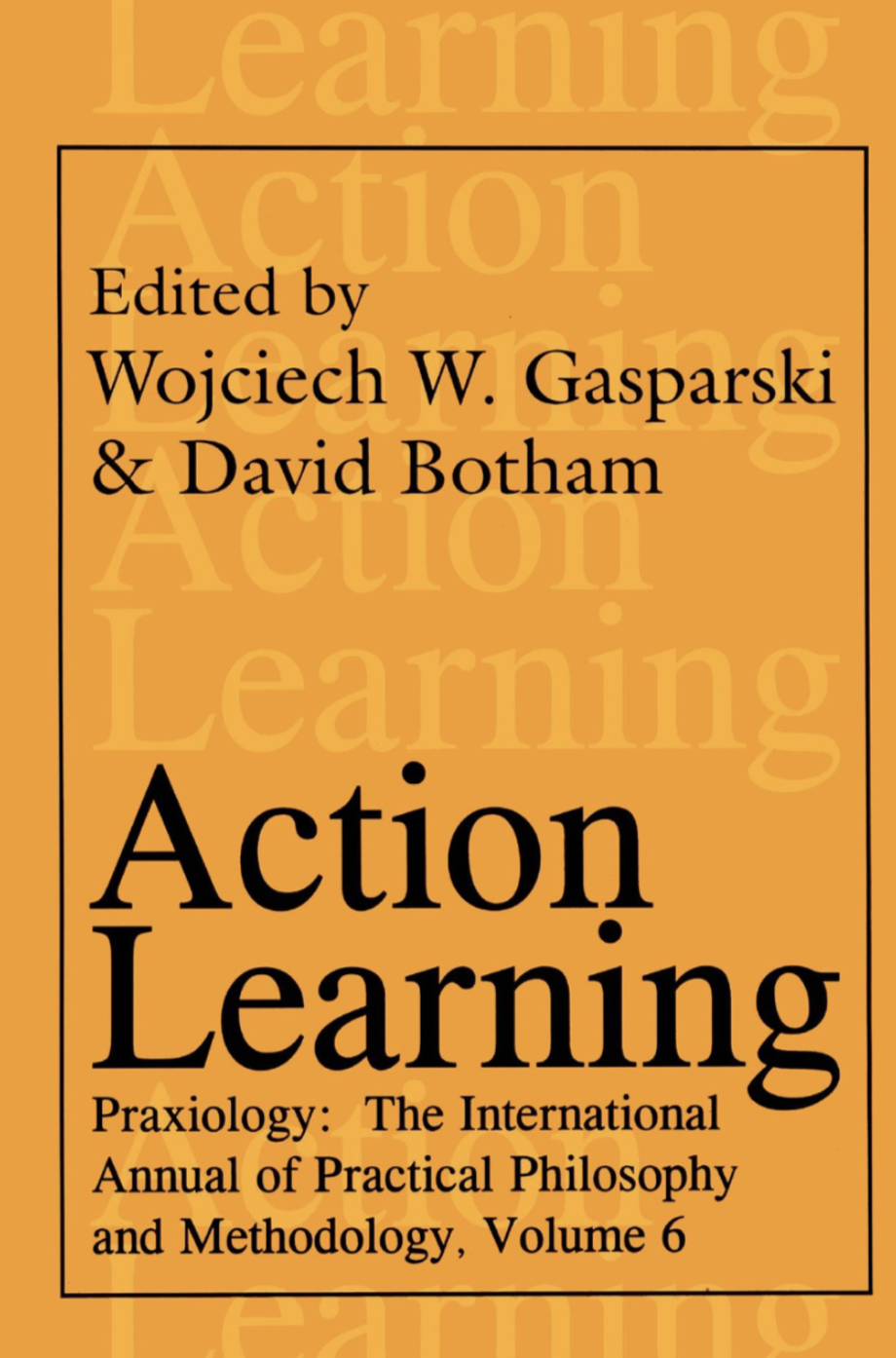Action Learning Principles
In 1995 Dean was privileged to be invited to a gathering in London of 40 practitioners who had published Organisational interventions using Action Learning. The international gathering was convened by the “Father” of Action Learning Prof Reg Revans and sponsored by Lord Butterfield. Dean attended with his great friend and mentor Dr John Enderby. Following is a summary of key points:
Reginald W. Revans (1945, 1995)
Fundamental principles of action learning:
The “syllabus” is the manager’s here-and- now troubles which have to be dealt with.
The tutors are other managers tormented by similar afflictions.
The “campus” is partly the classroom, but mainly the workplaces that require putting right.
The learning is to come by posing of questions made relevant through the advice and criticisms of other managers going through many of the same uncertainties.
The prime idea of Action learning:
It is a learning sequence by which observable behaviour is changed
It acts a transmission between persons offering effective advice
Its design and achievement based on rational actions have the same logical structure as that of scientific method (or his System Beta, 1968).
The most fundamental changes in human relationships consist of:
Learning, or seeing one’s work in a new light
Counselling, or effectively changing the perceptions of a neighbour - exchanging information, advice, criticisms and other forms of influence
Achieving, or beneficially changing the externals by which one is surrounded - taking action upon the world in accordance with plans deliberately designed
P is “Programmed knowledge” - that which is already known, contained in books, libraries, universities, via the internet - the answers that we have gleaned from solving yesterday’s problems.
Typically educational establishments set out to teach P – what is known about a subject. Of course this is very important. For example, we want our Medical Specialist to be up with the latest on all that is known about our particular condition.
Q is the discriminating or “fresh Question” – framed in conditions of chaos and uncertainty and in the absence of a definite answer. Such a question often leads to a course of action rather than an answer. For example, a new line of research in the discovery of a cure for Cancer.
Action Learning is a product not of teaching, but of tackling problems for which there is no right answer. Action learning is about acquiring the ability to ask good questions of oneself, of others and of situations which leads to an increased ability to tackle problems in the future.
People start the learning process when a problem is “reframed”. Often we are prisoners to our own beliefs and past efforts to deal with perceived similar problems. Sometimes past success in solving problems can inhibit our ability to deal in a fresh way with new problems. There has to be an abandonment of what has up until now felt like the “right” approach and then stepping out of this frame of reference to “reframe” the problem.
A number of theories of development suggest that some sort of surprise, crisis or suffering is necessary for the development process to begin. Some rejection of existing schema and beliefs is necessary before we can see a problem differently. In common language, learning occurs when the penny drops, whilst recognising that a lot of prior action and thought is often required to get the penny into the correct position.
More about Revans and action learning can be read in Reflections
Dean Phelan, John Enderby and Reg Revans - House of Lords 1995 - Reg Revans nominated for a Nobel Prize
ABC of Action Learning
Reg Revans was the father of Action Learning. He developed many of his early ideas around learning at the National Coal Board before joining Manchester University and then moving to Belgium before returning to the UK in later life. His ideas on learning have since been developed further by The Revans Centre for Learning and Research at Manchester Business School and there are now Action Learning networks and associations all around the world.





